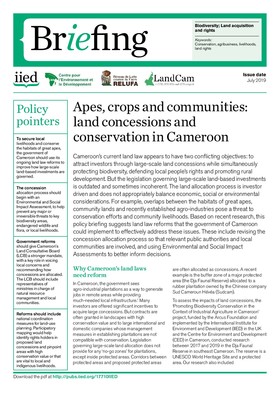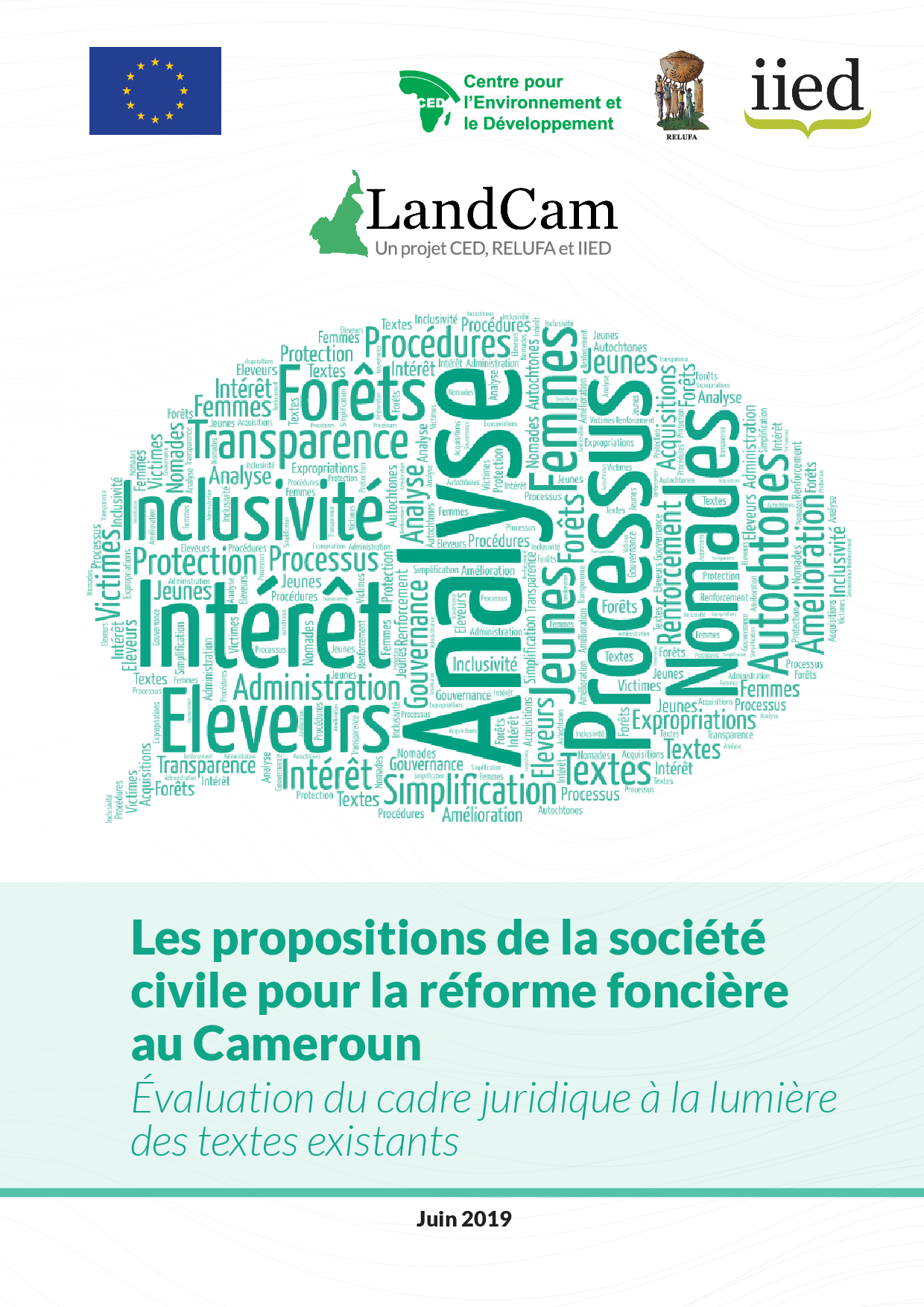Focal point
Location
Mission
Our mission is to build a fairer, more sustainable world, using evidence, action and influence in partnership with others.
Who we are
IIED is one of the world’s most influential international development and environment policy research organisations. Founded in 1971 by economist Barbara Ward, who forged the concept and cause of sustainable development, we work with partners on five continents. We build bridges between policy and practice, rich and poor communities, the government and private sector, and across diverse interest groups. We contribute to many international policy processes and frameworks, including the Intergovernmental Panel on Climate Change, the Millennium Ecosystem Assessment and the UN conventions on climate change and biological diversity.
What we do
IIED carries out research, advice and advocacy work. We carry out action research — generating robust evidence and know-how that is informed by a practical perspective acquired through hands-on research with grassroots partners — and we publish in journals and maintain high research standards. We advise government, business and development agencies, and we argue for changes in public policy. We focus on bottom-up solutions, stay open to flexible, adaptable solutions and are marked by a tradition of challenging conventional wisdom through original thinking.
Resources
Displaying 61 - 65 of 367Apes;crops and communities: land concessions and conservation in Cameroon
Argues that the role of the European Union in landgrabbing is manifold. EU actors are involved in the financing of large-scale land deals worldwide through forms of private finance;public finance and a combination of both. The EU’s position as an agricultural powerhouse is dependent on the huge import of agricultural commodities and inputs from the global South. Europe has a vast land import dependency with nearly 60% of the land used to meet Europe’s demand for agricultural and forestry products coming from outside its borders.
Apes, crops and communities: land concessions and conservation in Cameroon
Cameroon’s current land law appears to have two conflicting objectives: to attract investors through large-scale land concessions while simultaneously protecting biodiversity, defending local people’s rights and promoting rural development. But the legislation governing large-scale land-based investments is outdated and sometimes incoherent. The land allocation process is investor driven and does not appropriately balance economic, social or environmental considerations.
Les propositions de la société civile pour la réforme foncière au Cameroun
Date: juillet 2019
Source: Farmlandgrab, LandCam
Par: Wouri Consulting et Samuel Nguiffo/ LandCam (CED, RELUFA, IIED)
Les propositions de la société civile pour la réforme foncière au Cameroun : Évaluation du cadre juridique à la lumière des textes existants
LEGEND Land Policy Bulletin 14
This bulletin focuses on land tenure regularisation (LTR), with articles from practitioners to accompany the new LEGEND report Securing land rights at scale: eight lessons and guiding principles on land tenure regularisation.
Securing land rights at scale [executive summary]
This is the executive summary of the full report Securing land rights at scale. The report reflects on the experience of DFID land programmes which include LTR across six countries (Guyana, Rwanda, Nigeria, Ethiopia, Tanzania and Mozambique), drawing also wherever possible on relevant experiences of programmes driven by other donors.






